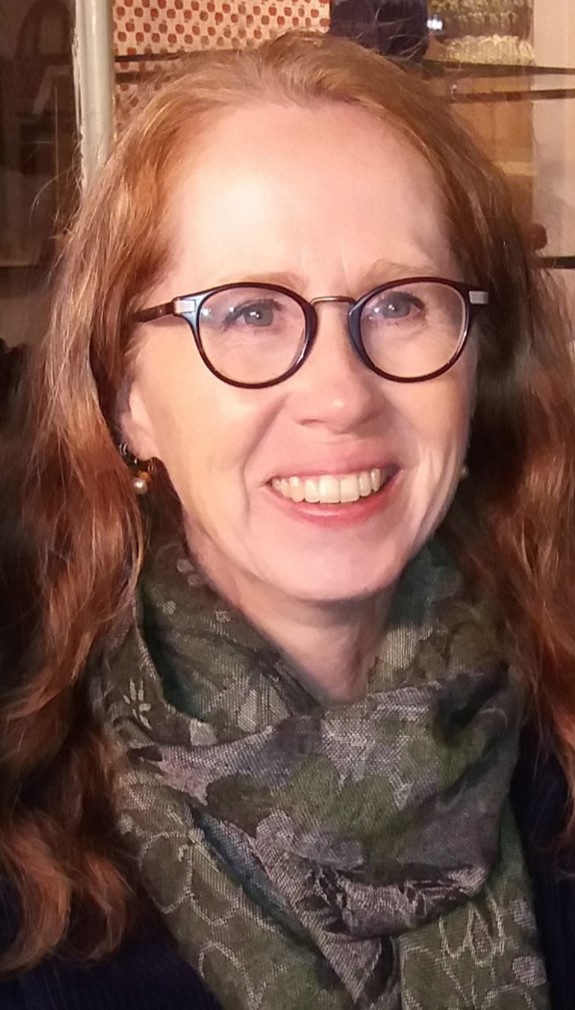Support while waiting for assessments

Jane's story
“I was desperate for some help while I waited for my assessments for ADHD and autism,” says Jane. “I felt alone. I was just flickering, not knowing where to turn.”
Searching for any kind of support while she waited, Jane managed to get ten sessions of talking therapy, but only for issues around her sleep. When that finished, she was left on her own again. She looked for other services supporting autistic people in her area, and found nothing.
So when she saw an advert on social media for Brain in Hand, she thought perhaps there might finally be something to help her cope better on a daily basis during her diagnosis journey and beyond.
“I needed some help to understand and appreciate all the various sections and how they could support me,” says Jane, looking back at the process of getting started with Brain in Hand. “In the beginning it was quite difficult to pin down what I needed it to do, because I might not have thought about my life in that way before. Eventually, with the help of my coach, I found different ways Brain in Hand could help me help myself.”
For Jane, knowing how she’s feeling can be difficult, but with Brain in Hand’s traffic lights and mood tags, she feels she can now properly feel her emotions. “Seeing it written down, I can look at those words and think, yeah, I am actually feeling that, whereas before I couldn’t connect with it,” she says. “But seeing a word on the screen, it really works for me. I can connect with that feeling now.”
With the help of a simple diary, space to add her own strategies and solutions for difficult situations, and pre-made packs of solutions to try, Jane’s managed to establish a morning routine and feel more able to go to places she doesn’t know well. She says that clicking on her solutions reminds her that she’s got through difficult things before and that she can do it again – that it might not be such a big deal as she first thought.
I have solutions to hand for most activities. I’m able to acknowledge my emotions and feelings daily, and I have help so I can talk through things and cope better.
Importantly for her, she’s been able to more effectively block out time for herself to spend being creative – by adding in prompts for 15-minute slots throughout the day, she feels less pressure than trying to do it all in one go. “I start the 15 minutes, and if I can do longer than that then I will,” she says. “If not, I’ll go off and try something else, and I know I’ve got another set of 15 minutes coming up later. It feels easier like that.”
From having no support while she waited for her assessments, struggling with interacting with people and going to new places, and not knowing how she was feeling, Jane says she’s in a much better place since using Brain in Hand.
Without Brain in Hand, I wouldn’t be able to cope. I would be panicking more often and be more indecisive every day. I’d be less organised, unable to monitor what I’m actually feeling. That to me has been invaluable – acknowledging how I’m feeling helps me then use the right solutions for the situation.